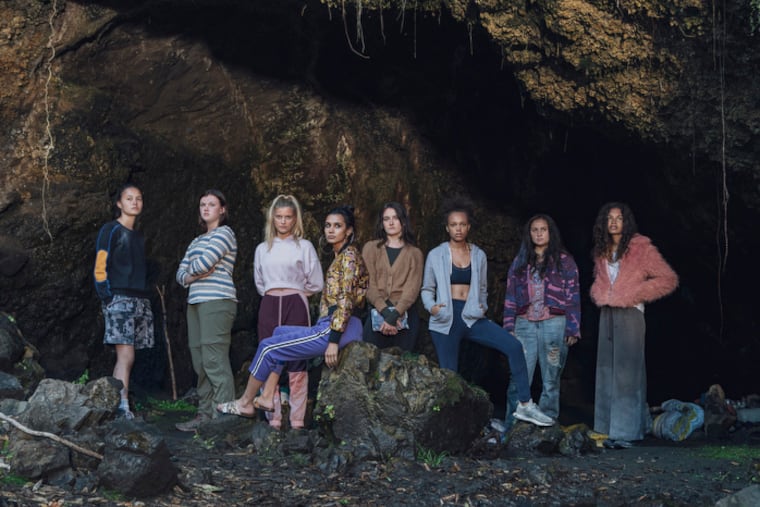What Amazon’s ‘The Wilds’ can teach us about mental health in teenage girls | Expert Opinion
While the series has garnered praise for its thrilling plot, as a psychologist, I was in awe of how the show authentically captured the multifaceted mental health of teenage girls in our society.

Amazon Prime recently released The Wilds, an empowering coming-of-age series about a group of teenage girls who find themselves stranded on a deserted island.
While the series has garnered praise for its thrilling plot, as a psychologist, I was in awe of how the show authentically captured the multifaceted mental health of teenage girls in our society. Each of the characters’ backstories shine a light on themes that underlie psychological disorders and self-destructive behaviors that plague many young women. I’ve seen versions of every one of these characters in my clinical work.
We are better equipped to help the girls in our lives thrive as healthy, confident young women when we understand the psychological conflicts that have the potential to derail them. Below are three central themes from the show that are particularly relevant to mental health:
1. Quest for self-acceptance. Adolescence is filled with opposing experiences: excitement and angst, autonomy and dependence, clarity and confusion, courage and fear. The journey of self-discovery is one with many twists and turns that sometimes shows us parts of ourselves that we don’t like or wish to change. This can make embodying our genuine selves feel daunting, if not impossible. This is especially true for girls growing up in a world with unrelenting standards of perfection. It’s not uncommon for teenage girls to find themselves struggling to fit into a one-dimensional box of identity that they believe is “acceptable.” This not only stunts identity development, but also leads many bright, resourceful, dynamic young women to be riddled with self-doubt, impression management, frustration, and unfulfilled potential.
2. Fear of being unlovable. We are social creatures, naturally programmed to seek love and acceptance. Much of the conflict involved in self-acceptance begins from a fear of judgment and rejection. This is usually rooted in a core fear of being unlovable. While many teenage girls are not cognizant of this fear, it often dictates many of the problematic behaviors that impact their quality of life. Common examples of how this fear manifests in The Wilds characters and real life alike include attempts to meet beauty ideals, overworking oneself for success, becoming preoccupied with a romantic relationship, refraining from asserting oneself, suppressing sexual desires, and being hostile to avoid showing vulnerability. For many teenage girls, anything is preferable to the risk of being unloved.
3. Suffering in silence. Psychologists identify social support and early intervention as primary game changers in the trajectory of mental health in young people. In an ideal world, teenage girls will tell a trusted adult or peer at the first sign of distress. But in both The Wilds and the real world, we see many teen girls keep their struggles to themselves. When we take the barriers to self-acceptance and a crippling fear of being unlovable together, can we really blame them? This action enables them to stay safe in their internal world where they can make sense of things without the risk of rejection. In cases where the conflict feels hopeless, the decision to suffer in silence is attractive because it at least offers a false sense of control over suffering.
How do we combat these problematic themes that derail so many girls at a vulnerable age? Start by asking questions.
As The Wilds distinctly displays, teenage girls are intuitive and have a lot on their minds beneath their silence and problematic behaviors. As adults, we must take an interest and listen with an open mind, even when the information is difficult to hear.
Additionally, teenage girls will flourish when they believe that their authentic selves will not only be tolerated but celebrated! We need to make it clear that we are invested in helping them live as their genuine, best selves.
Remember, modeling is key. Young people look to the adults in their lives when forming their identity. Thus, evaluate your own degree of self-acceptance, fear of unlovability, and use of social support. Don’t undervalue the impact of seemingly small gestures and conversations with teen girls to help shift the trajectory of their mental health for the better.
Jenna DiLossi is a clinical psychologist and cofounder of the Center for Hope & Health, LLC in Ardmore, Pa.